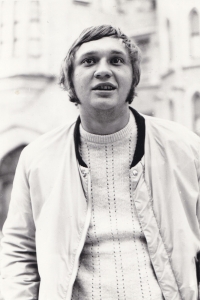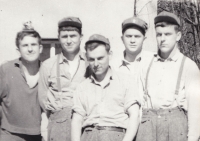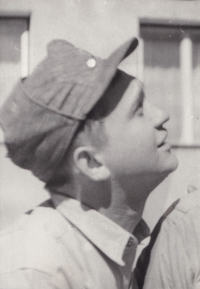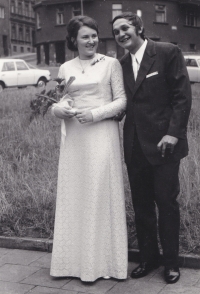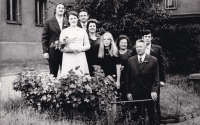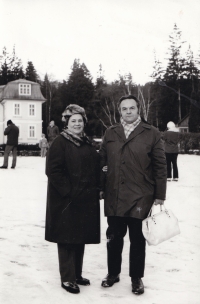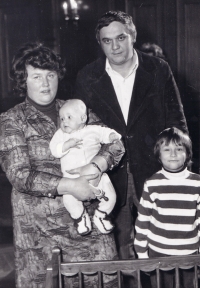I do not get that Honza Palach did it
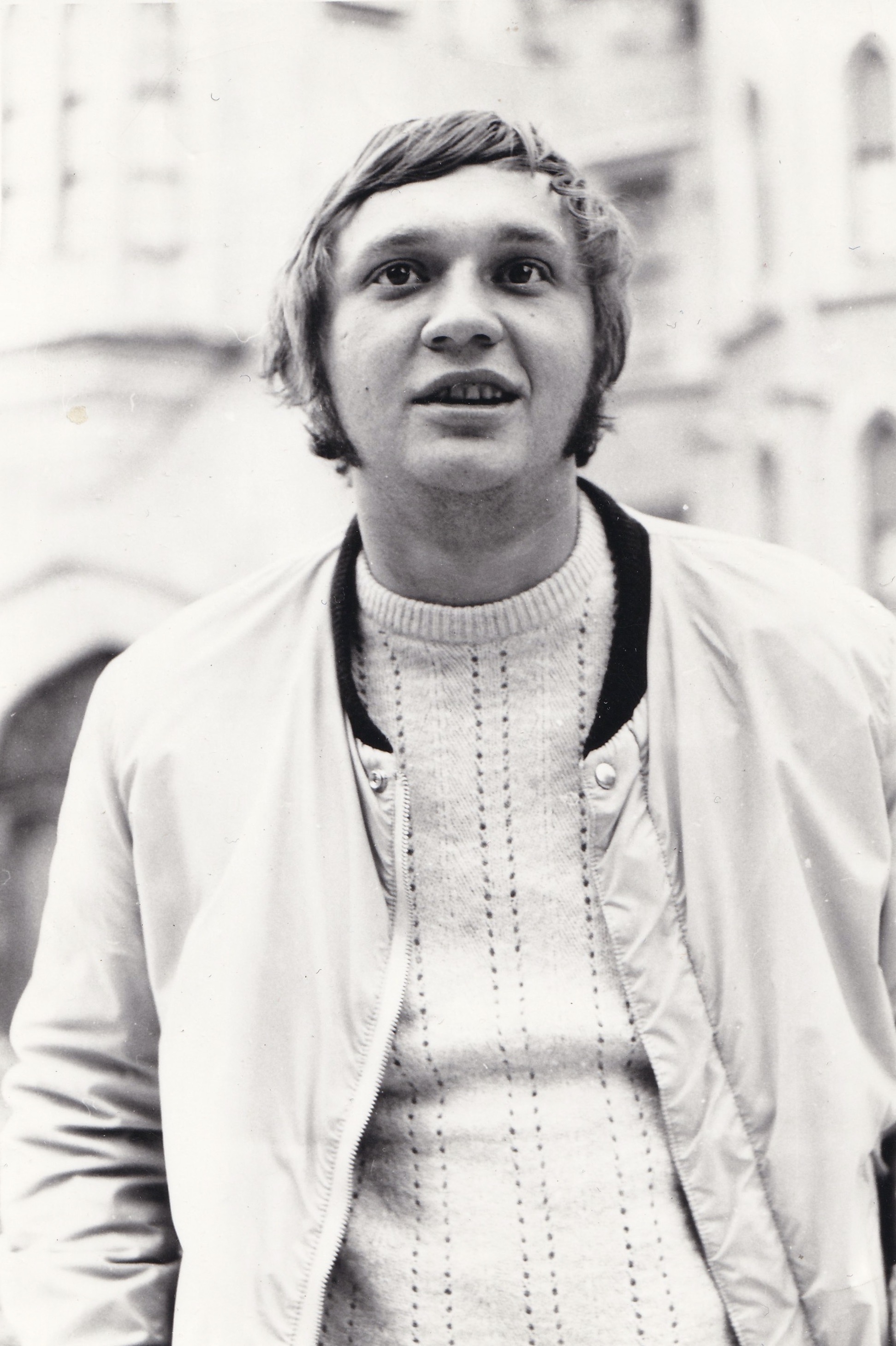
Stáhnout obrázek
Štěpán Bittner was born on the 5th of July in 1948. His father was a miner and the family moved often. After Štěpán finished basic school, he enrolled secondary school in Nové Město na Moravě and after graduating in 1966, he enrolled the Prague University of Economics and Business. Here, he became friends with Jan Palach. Often, they had discussions and Štěpán visited the Palach family in Všetaty several times. In spring 1968, as a journalist in the Ekonom magazine, he wrote articles critical to the ruling régime and interviewed various interesting people. When he learned about the occupation of Czechoslovakia by the Warsaw Pact armies, he travelled to Prague where he rejoined students’ protests. After the self-immolation of Jan Palach, he and his friends visited factories to inform the workers about the current political events; they also published a newspaper. He took part in the anti-government demonstration on the 21th of August in 1969 on the St. Wenceslas’ square where the protesters clashed with the armed forces. After Štěpán got expelled from school, he moved to Libered where he did various blue-collar jobs in the Czechoslovak Uranium Industry company. After he got married and his two children were born, he did not want to threaten his family and their wellbeing so he tried not to stick out. In the 1980’s, he visited the Soviet Union and was exasperated from the poverty and lack of hygiene. The fall of the Communist régime was a glorious moment for which he had not hoped any more. In 2000, he retired and at the time of recording in 2022, he lived in Liberec.
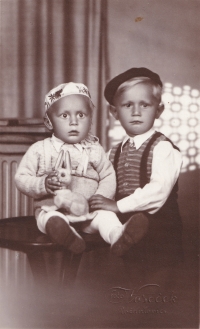
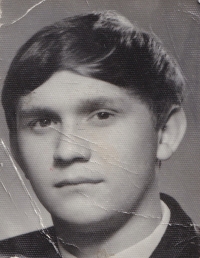
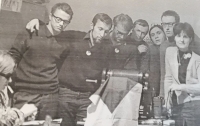
![Witness as a supervisor at a Pionýr [Communist-led] youth group summer camp, 7th from right, standing. 1969](https://www.pametnaroda.cz/sites/default/files/styles/witness_gallery/public/2022-08/IMG_20220825_0010.jpeg?itok=dkUXaSEQ)
